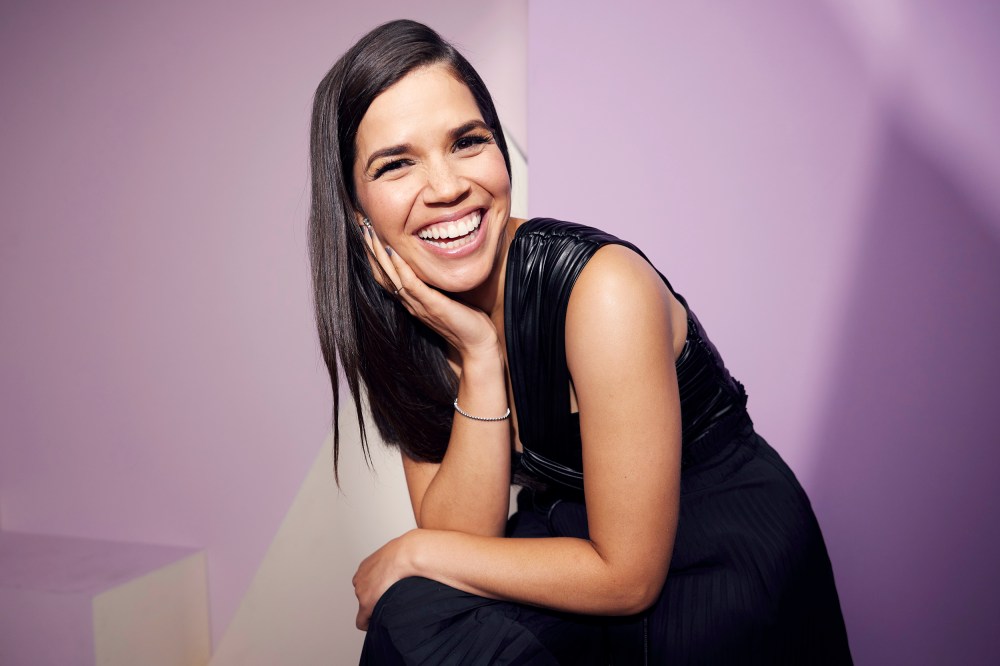Born in Los Angeles to Honduran parents, America Ferrera was raised to believe she could do anything – the sky was the limit – beyond race or gender. “I believed … as an American, there was nothing I couldn’t achieve if I worked hard enough, long enough and wanted it bad enough,” she recently told “Morning Joe” reporter Daniela Pierre-Bravo.

But when she broke into the entertainment industry in the early 2000’s, Ferrera quickly felt the lack of representation. “It was not very clear that there was room for someone like me in the industry, which was why I was discouraged by a lot of people in my life not to take that route,” she recounted.
For the “Real Women Have Curves” and “Ugly Betty” star, shows like those had never existed before. “I’m a lot more aware now of the nuances of what it takes to make it in an industry where there is no representation, [where] there aren’t people like you invested in your stories, invested in changing what those stories are,” Ferrera said. “I think a lot of us who have been in the industry for a few decades have come to the realization that if it’s going to change, we’re the ones who have to change it.”
With that in mind, the Emmy-winning actress turned her ambitions behind the camera, more recently executive producing and directing projects like 2020’s “Gentefied” and the forthcoming Netflix film, “I Am Not Your Perfect Mexican Daughter,” based on the New York Times bestselling novel.

“I realized that I had the access … to championing space for more of us and more of our stories,” she said. “Things have shifted somewhat … but I think we need to see more Latinos in executive rooms, as producers, as the folks who make decisions about what stories get told and who gets to tell them.”
Despite her prestigious career, which includes a Golden Globe and SAG award, the actress struggled for years with reconciling her Honduran-American identity, which she addressed in her 2018 debut book, “American Like Me: Reflections on Life Between Cultures.”
“’[I felt] like there wasn’t an easy identity or label,” she told Pierre-Bravo. “I felt 100 percent American and I felt Honduran and Latina. Parts of me are some of these things, some are not. Labels in general are faulty and don’t really get the job done. The book is about me embracing the multiplicity of my own identity and realizing … that this isn’t just a ‘me’ experience, or even a Latina experience – this actually is an American experience.”
For Ferrera, embracing that cultural duality is partly what drove her to start a non-profit, Harness. Founded in 2016 with her husband Ryan Piers Williams and actor Wilmer Valderrama, the organization focuses on racial, gender and social justice.












